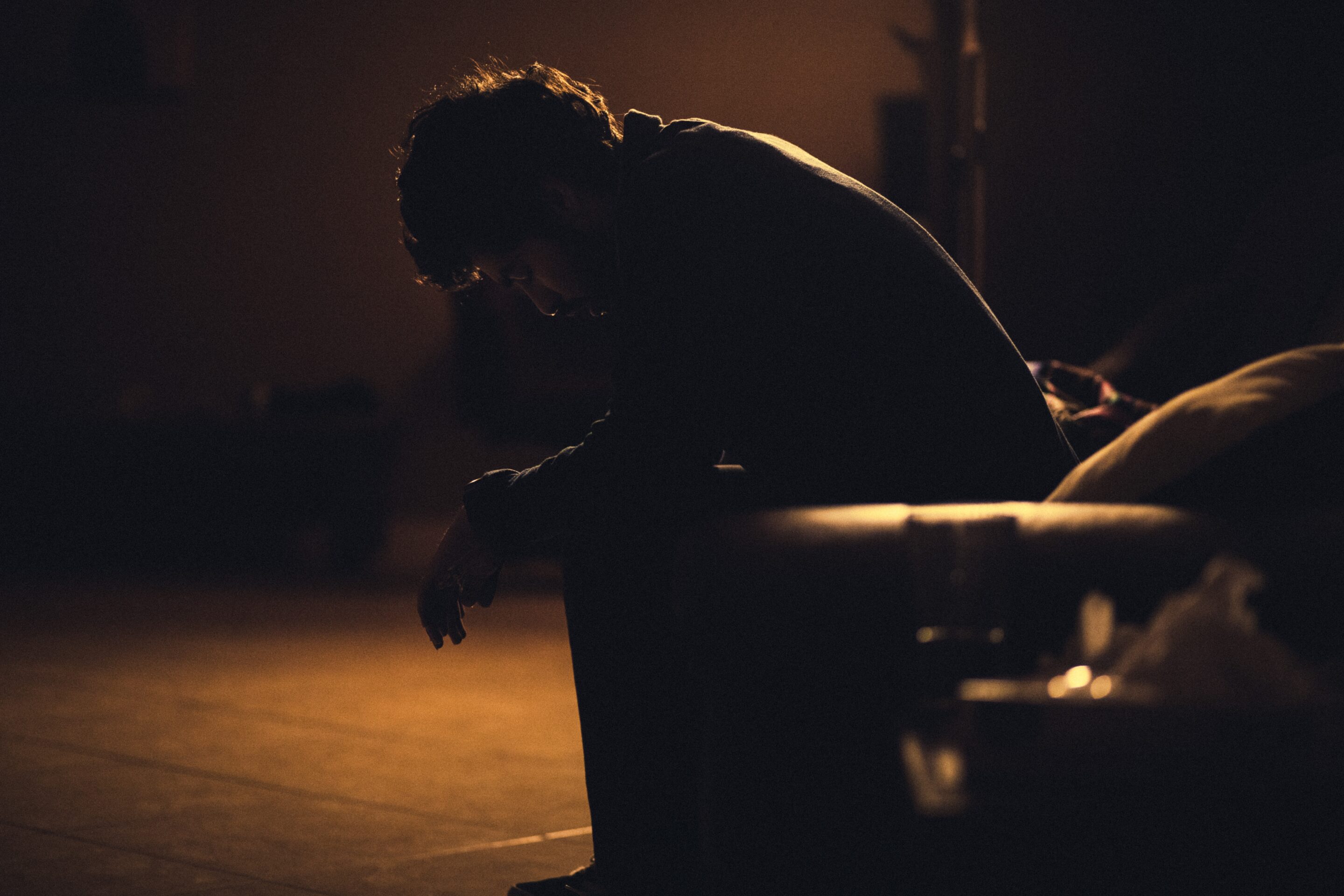Vicodin, a prescription medication that contains hydrocodone and acetaminophen, is commonly used to manage pain. While it can provide effective relief for those experiencing moderate to severe pain, it also carries a significant risk of addiction and overdose.
In this article, we will delve into the world of Vicodin addiction, exploring the signs, symptoms, risks of overdose, and available treatment options for those struggling with this challenging addiction.
Understanding Vicodin
Vicodin is a combination medication that contains hydrocodone, a powerful opioid analgesic, and acetaminophen, a less potent pain reliever and fever reducer. Hydrocodone is the primary active ingredient in Vicodin, and it acts on the brain and central nervous system to relieve pain.
Prescribed for conditions such as severe pain following surgery or injury, Vicodin can be highly effective when used as directed by a medical professional. However, due to its opioid component, it carries a high potential for misuse and addiction when used inappropriately or for extended periods.
Signs of Vicodin Addiction
- Increased Tolerance: Tolerance develops when the body becomes accustomed to the effects of Vicodin, requiring higher doses to achieve the same pain relief or euphoria. Individuals may escalate their dosage without a doctor’s approval, leading to misuse and addiction.
- Physical Dependence: Physical dependence occurs when the body adapts to the presence of Vicodin, leading to withdrawal symptoms when the drug is not present in the system. Dependence can be a sign of addiction, as individuals may take the drug to avoid withdrawal discomfort.
- Psychological Cravings: Vicodin addiction often involves strong psychological cravings for the drug. Individuals may become preoccupied with obtaining and using Vicodin, even when it is no longer medically necessary.
- Neglecting Responsibilities: A clear sign of addiction is the neglect of important responsibilities at home, work, or school due to Vicodin use. Individuals may struggle to maintain their daily routines, which can lead to serious consequences.
- Secrecy and Deception: Those with a Vicodin addiction may engage in secretive behavior and deceive their loved ones about their drug use. This secrecy can contribute to the deterioration of relationships.
- Social Isolation: Individuals with Vicodin addiction may withdraw from social activities and isolate themselves to avoid judgment or questions about their drug use.
- Failed Attempts to Quit: Repeated, unsuccessful attempts to quit or reduce Vicodin use are strong indicators of addiction. Individuals may experience withdrawal symptoms that drive them back to using the drug.
- Escalating Dosages: Some individuals may escalate their Vicodin dosages to dangerous levels, chasing a more intense high. This behavior greatly increases the risk of overdose.
Vicodin Overdose
Vicodin overdose is a severe and potentially life-threatening condition that can occur when individuals take too much of the drug. The combination of hydrocodone and acetaminophen in Vicodin can lead to both opioid toxicity and liver damage in overdose situations.
Symptoms of a Vicodin overdose may include:
- Difficulty breathing or slowed respiratory rate
- Unconsciousness or inability to wake up
- Pinpoint pupils
- Cold, clammy skin
- Bluish lips or nails
- Extreme drowsiness
- Loss of coordination
- Vomiting
- Confusion
A Vicodin overdose requires immediate medical attention. If you suspect someone is experiencing an overdose, call emergency services immediately. Opioid overdoses can be reversed with the timely administration of naloxone, a medication that blocks the effects of opioids.
Treatment for Vicodin Addiction
Vicodin addiction is a complex and challenging condition, but recovery is possible with the right treatment and support. Several effective treatment options are available to address Vicodin addiction:
Medical Detoxification
The first step in Vicodin addiction treatment is often medical detoxification, which involves the supervised withdrawal from the drug in a safe and controlled environment. This process helps individuals manage withdrawal symptoms and reduce physical dependence.
Behavioral Therapy
Behavioral therapies, such as cognitive-behavioral therapy (CBT) and contingency management, are commonly used to address the psychological aspects of addiction. They help individuals develop coping skills and strategies to avoid relapse.
Support Groups
Support groups, like Narcotics Anonymous (NA) or SMART Recovery, provide a sense of community and peer support. Attending group meetings can be a valuable part of long-term recovery.
Medication-Assisted Treatment (MAT)
MAT may be recommended for individuals with opioid use disorders, as it involves the use of medications like buprenorphine or methadone in combination with counseling and therapy. These medications can help reduce cravings and withdrawal symptoms, making it easier to achieve and maintain sobriety.
Counseling and Therapy
Individual and group counseling can provide a safe space for individuals to explore the underlying causes of their addiction, learn healthier coping mechanisms, and develop relapse prevention strategies.
Holistic Therapies
Holistic approaches, such as yoga, meditation, and art therapy, can complement traditional treatment methods and help individuals manage stress and improve their overall well-being.
Aftercare and Relapse Prevention
Aftercare programs and relapse prevention strategies are crucial for maintaining long-term recovery. These programs offer ongoing support and resources to help individuals navigate the challenges of daily life without returning to substance use.
Contact Impact IOP – Louisville Addiction Treatment Center Today
If you or someone you care about is grappling with Vicodin addiction, don’t wait. Contacting a specialized treatment center like Impact IOP – Louisville Addiction Treatment Center today can be a life-changing step towards recovery.
Our team of dedicated professionals is ready to provide the support, guidance, and personalized treatment necessary to help you or your loved one overcome Vicodin addiction and build a healthier, drug-free future. The journey to recovery begins with that first call, so reach out today to take the first step toward lasting sobriety.

